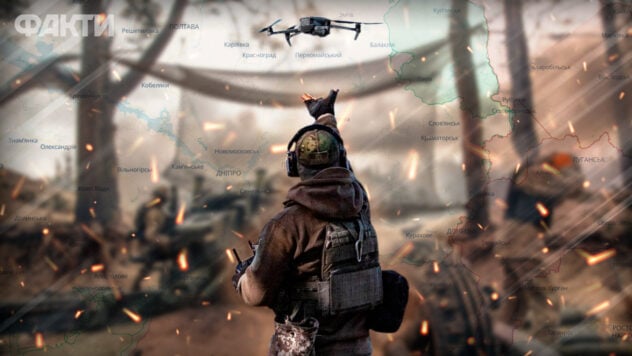
In the all-out war waged by Russia against Ukraine, the key question next year will be which side can recover faster. Part of this is a matter of human resources.
The British magazine The Economist writes about this.
The Russian Army did not fulfill the recruitment plan, but collected enough troops to hold the front line throughout the summer. If the occupiers want to go on the offensive, Russia may have to carry out a broader wave of mobilization. Moscow also has a large reserve of conscripts, although bringing them into the war would entail significant political risks. The publication writes that Ukraine must also decide whether to draft men under 20 into the army.
Currently watching
The military will also need weapons and ammunition . Russia could produce more than 2 million shells during 2024, as well as hundreds of new and refurbished tanks. It also received a large number of shells for its partners from North Korea (DPRK). Western governments began investing later, so Ukraine is unlikely to have an advantage in artillery ammunition until late 2023 or early 2024.
The author of the article writes that in 2024 Ukraine will not receive a massive influx of equipment , as was the case in the spring of 2023. But the main focus will be on Western assistance in repairing equipment.
A key decision for Western governments will be whether to reopen production lines for weapons they themselves no longer produce or transfer important intellectual property information to Ukrainian factories.
The Ukrainian arsenal of missiles will be replenished with American ground-based GLSDB bombs in early 2024. Kyiv will also receive F-16 fighters, although the magazine writes that they are unlikely to have a transformative effect on the battlefield.
— Time is of great importance. Each side will hope to seize the initiative. Ukraine wants to keep a spring offensive on the agenda, but will have difficulty mustering the ground forces to do so. Vladimir Putin will also want his army to continue symbolic offensives, like the one happening around Avdiivka. But constantly throwing poorly trained troops into continuous battles will weaken the Russian army, without moving the front line, writes The Economist.
It is noted that the summer counter-offensive of the Ukrainian Armed Forces highlighted many problems. Some of these will need to be corrected if the next major offensive is to be more successful. For example, Ukrainian battalions and brigades need a much larger number of staff officers capable of planning and commanding complex operations involving many units on a wide front, the authors of the article believe.
Want to rest? Come to Facti.GAMES!
If neither side can mount a significant offensive threat in 2024, the war will likely be defined by factors outside the battlefield. The Black Sea could play an increasingly important role as Russia attacks cargo ships and Ukraine attacks Russian fleets and facilities.
The Economist writes that the July NATO summit in Washington will be seen as a test of Western support. Russia's strategy is simple: continue until Ukraine's partners get tired. Optimistic officials say the war is accelerating Russia's political disintegration, but pessimists warn Putin could continue to do so for years.

